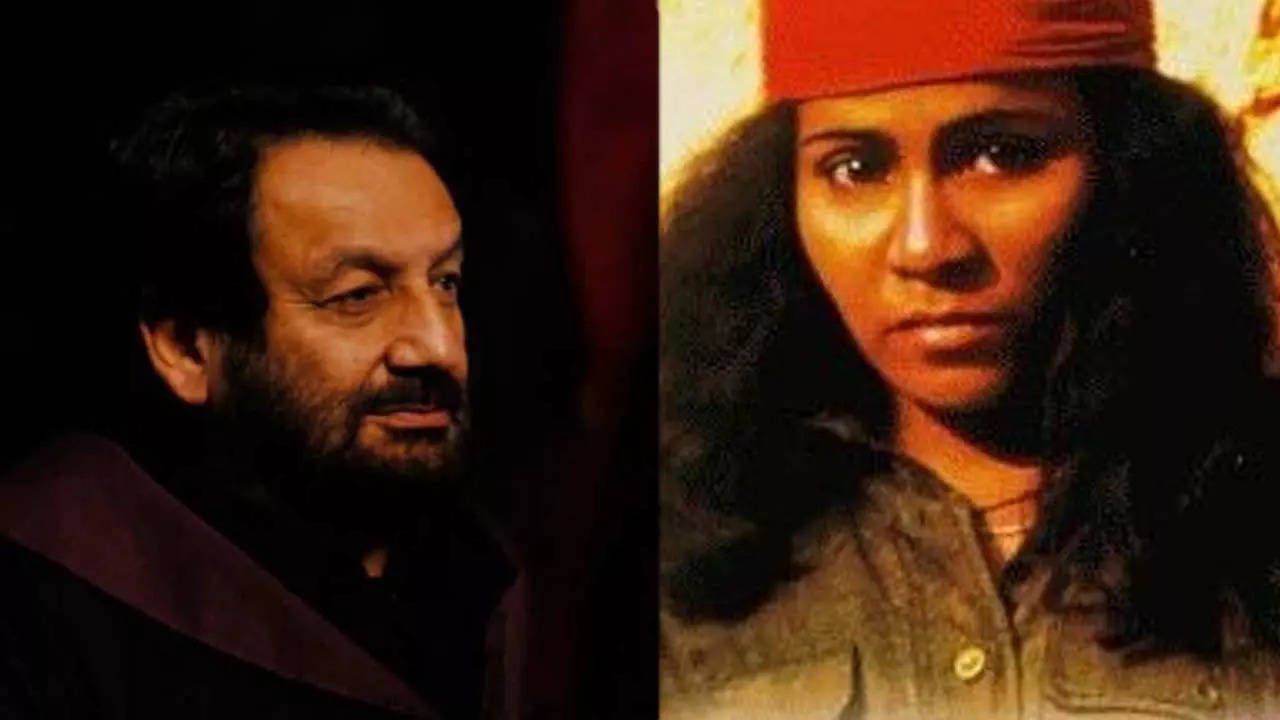rewrite this content and keep HTML tags
‘Bandit Queen,’ released in 1994, not only put Indian cinema on the global map but also sparked discussions on uncomfortable truths within society. The film premiered at the Directors’ Fortnight section of the 1994 Cannes Film Festival and was featured at the Edinburgh Film Festival. It was also India’s official entry for the Best Foreign Language Film category at the 67th Academy Awards.
Suchitra Krishnamoorthi accuses ex-husband Shekhar Kapur of infidelity, says she hasn’t forgiven Preity Zinta yet
In an interview with The Indian Express, Shekhar Kapur shares the inner turmoil he experienced while creating ‘Bandit Queen,’ a departure from his previous works like ‘Mr India’ and ‘Masoom.’ The filmmaker reveals that people questioned his choice to make a film that made viewers uncomfortable, considering his repertoire of making ‘sweet films.’
Kapur delves into the emotional journey of shooting ‘Bandit Queen,’ particularly the challenging scenes, including the gang-rape sequence. He shares the realization that, as a Punjabi man, he carried the burden of societal norms and patriarchy throughout his life. The film became an avenue for him to confront the fundamental issues hidden beneath the surface of everyday life.
Reflecting on the societal attitude towards rape, Kapur acknowledges his own growth during the filmmaking process. The realization dawned on him that the seeds of such attitudes are sown at a young age, influenced by media portrayals and cultural stereotypes. The film, in essence, became an outlet for Kapur’s anger at himself for not addressing these issues earlier in his career.
Kapur provides insight into the unique preparations for ‘Bandit Queen,’ involving the cast’s transformation to suit the rural setting. He details how he made the actors scream expletives at each other to adapt to the hoarse voices prevalent in rural India. The film’s cast, predominantly from the National School of Drama (NSD), underwent a transformative process to immerse themselves in the raw reality of the characters they portrayed.
However, the most challenging aspect for Kapur was the filming of the gang-rape scene. He candidly shares the emotional toll it took on him as he tried to understand the perspectives of both the victim and the perpetrator. Locking himself in a room for days, he grappled with the ethical dilemma of depicting such a sensitive subject. The scene, shot with close-ups and a focus on the emotional impact, left Kapur physically affected, forcing him to step out periodically to vomit.
Looking back, Kapur contemplates how ‘Bandit Queen’ would be different if made in 2024. He acknowledges personal growth and suggests that, with the wisdom gained over the years, he would make the film shorter. Kapur emphasizes the essence of filmmaking as an exploration, an ever-evolving process that reflects the filmmaker’s journey through time and experience.
As the 30th anniversary of ‘Bandit Queen’ approaches, Shekhar Kapur’s revelations provide a glimpse into the complex and emotional landscape that shaped this cinematic masterpiece. ‘Bandit Queen’ remains a powerful and provocative exploration of societal issues, challenging norms, and pushing the boundaries of storytelling in Indian cinema.
Shekhar Kapur: I want to REVIVE Sushant Singh Rajput’s ‘PAANI’ | Big Interview


